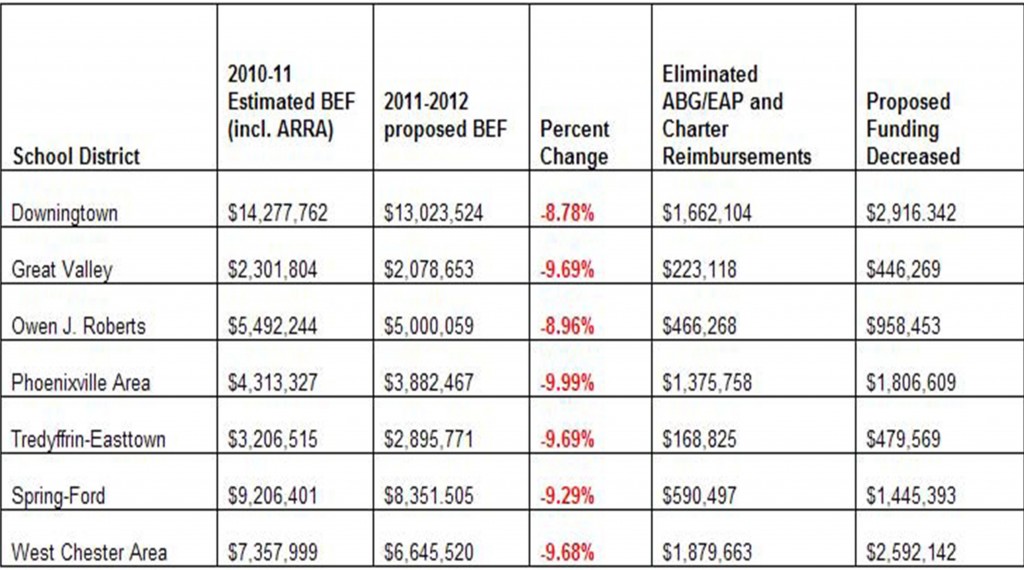Teachers in Pennsylvania may be the envy of the state’s public workers. Teachers unions were asked to consider a one-year pay freeze, but many state workers may not be so lucky. In fact, a pay freeze looks charitable when compared to the sacrifice asked of state workers in Pennsylvania’s largest union, the American Federation of State, County and Municipal Employees (AFSCME).
To help close the $4.2 billion budget deficit, Gov. Tom Corbett wants the 45,000 public employees to help by absorbing a 4 percent pay cut in the first year of a new three-year contract. Corbett’s administration suggests that the workers would be made ‘whole’ again within two years. AFSCME’s agreement usually provides the guidepost for pacts with other unions. Contracts with AFSCME and 16 other state employee unions will expire on June 30.
Some of the lowest-paid workers in the state, AFSCME workers are paid about $34,000 a year on average. The state custodians, nursing assistants, clerical workers and snowplow drivers would see their salary drop to $32,640 under Corbett’s plan. It is anticipated that the AMFSCME pay decrease would save the state more than $60 million. If my math is correct, the cost savings from the 4 percent pay cut would equate to approximately 1.5 percent of the state budget deficit or $6 million.
Many of the public workers are already living paycheck-to-paycheck. Question, is it fair to ask for this level of sacrifice from those already struggling to get by? AFSCME workers offered Corbett their willingness to take a salary freeze for one year but the Governor rejected their offer. After all, isn’t this what Corbett had proposed for the state’s teachers?
In Corbett’s budget address last month, he warned that he would be seeking concessions from public workers. His words spoke of the painful steps that would be required to close the budget gap but I don’t know that the state workers were prepared for the level of pain they may be forced to feel!
I certainly support the notion that these difficult economic times require all of us to sacrifice, but . . . . I also have to wonder if lawmakers and top-level state managers will be asked to share the same level of pain as the public workers. I have not heard mention of suggested pay cuts for our elected officials.
As I complete this post, there is a dark shadow hanging over Capital Hill as the federal government shutdown clock continues to tick down. Washington is scrambling as the clock counts down. Failure to reach a deal for the remaining six months of the fiscal year would trigger a government shutdown at midnight tonight, causing more than 800,000 nonessential employees to be furloughed without pay. It is interesting to note that our nations lawmakers would continue to receive their paycheck!
Here’s hoping for a last-minute agreement; a government shutdown is in no one’s best interest!
